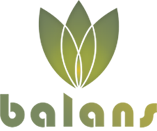What is Homeopathy?
Homeopathy; Holistic Health
When we feel ill a lot of us call our doctors, decide to stay in bed or reach for the aspirin. These aren’t bad solutions, however, as many of us are discovering, there may be other ways of dealing with our pain, illness or stress. At Balans, we offer a variety of modalities and structures in order to create a support system for our well-being. In addition to my ongoing practice and study of massage and yoga, I am engaged in a program in homeopathic medicine at the New England School of Homeopathy. I was first introduced to homeopathy in middle school and have relied on this modality of healing ever since. At the end of my homeopathy training I will add to Balans’ spectrum of services personalized health and wellness.
So, what is homeopathy?
Homeopathy is a form of alternative or complementary medicine that addresses the human being as an integrated whole. Treating the symptoms through the lens of our bodies living in a dynamic environment, reacting passively and actively on three major levels: mental, emotional and physical. There is the belief that our bodies react to stress by producing the best possible response of which it is capable in the moment. This reaction looks different in each of us because we live in an ever changing environment. We each have different hereditary strengths and weaknesses, different exposures of intense stimuli and varying interferences of suppressive treatments like over the counter prescriptions. For this reason no one case, person or illness can be observed in the same way. Homeopathy takes into account the whole picture of a person, his/her background, likes/dislikes and environment before attempting to offer a remedy. This is often done through a thorough in-person interview and/or intake form. Practitioners may ask questions that seem unrelated to the client’s primary concern – but instead have to do with his/her lifestyle and overall health. It’s important to note that these questions are not meant to initiate judgment or to be intrusive. Instead, they are meant to help the practitioner understand the client’s daily routine and inclinations more fully.
Homeopathy is founded on principles that have revealed themselves regularly throughout the history of medicine, both in eastern and western worlds. One of these principles is “like cures like”. A way of understanding this is to assume that the body knows what it is doing and that symptoms are the body’s way of taking action to overcome illness. This healing response is automatic in living organisms; we term it the “vital response”. The similar medicine or “remedy” given by the homeopath acts as a stimulus to the natural vital response, giving it the information it needs to complete its healing work.
The second principle, that only ‘the minimum dose’ should be employed, is based upon the understanding that the stimulus of the remedy works from within the vitality and is not imposed from the outside. Only enough is administered to initiate the healing process, which then carries on, driven by its own internal healing mission. There are acute “remedies” that can be taken for burns, bruising, inflammation…etc. There are also more condition or constitution based remedies based on fears, energy levels, long term illness…etc. In both cases, the dosing is minimal and safe as all remedies are based from diluted natural substances.
Sarah Mae Gibbons
Licensed Massage Therapist, Balans

